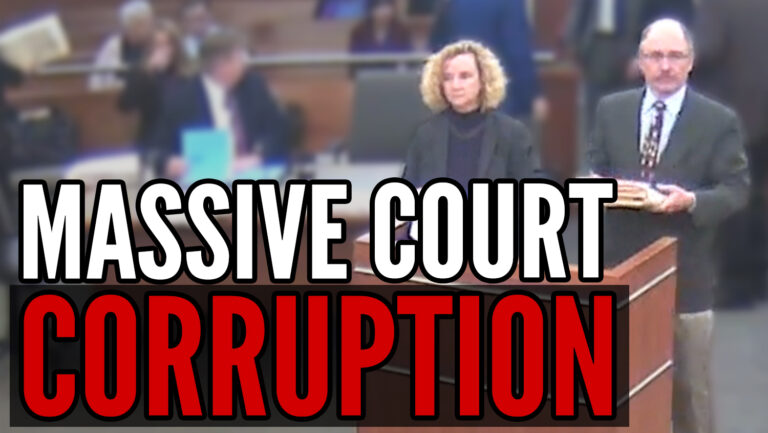
Presumption of innocence
Created – September 27, 2020
OVERVIEW
What is the presumption of innocence and how does it affect my case?
Briefly stated, it means a defendant throughout a criminal procedure is presumed innocent. The burden falls upon the prosecuting attorney to prove that defendant is guilty of the criminal offense. The proof of this guilt is quite high, evidence of guilt must be beyond a reasonable doubt.
Proof beyond a reasonable doubt is proof that is based on evidence which leaves one firmly convinced of defendant‘s guilt. If there is a real possibility that the defendant is not guilty, the benefit of the doubt should be given to him/her and find the defendant not guilty.
Many crimes and public offenses have separate distinct components called “elements” where each element must be proved beyond a reasonable doubt before a person can be found guilty of the offense. In the absence of such proof, the person must be cleared of the charge.
The Code
- (a) the conduct, attendant circumstances, or results of conduct proscribed, prohibited, or forbidden in the definition of the offense; and
- (b) the culpable mental state required.
Jury Instructions
Remember, the fact that the defendant is charged with a crime is not evidence of guilt. The law presumes that the defendant is not guilty of the crime(s) charged. This presumption persists unless the prosecution’s evidence convinces you beyond a reasonable doubt that the defendant is guilty. Cr301. Elements
The defendant, [NAME], is charged in [count___ of] the Information with [CRIME]. You cannot convict (him) (her) of this offense unless you find beyond reasonable doubt and based on all the evidence, each of the following elements: 1. That on or about the DATE, the defendant, NAME: 2. ELEMENT ONE: and/or (as appropriate) 3. ELEMENT TWO: . . . After you carefully consider all the evidence in this case, if you are convinced that each element has been proved beyond a reasonable doubt, then you must find the defendant GUILTY of [CRIME]. On the other hand, if you are not convinced beyond a reasonable doubt that one or more of these elements has been proved, then you must find the defendant NOT GUILTY.


